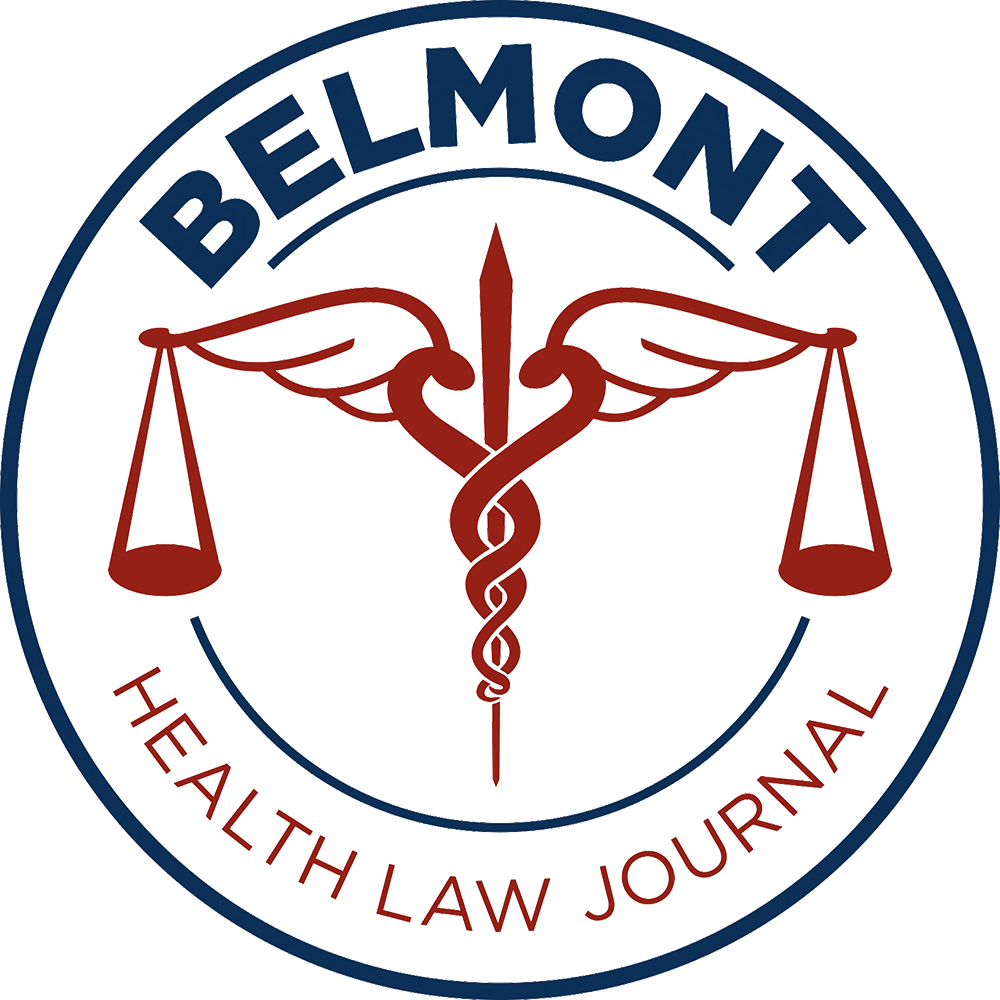Shane Richards, Class of 2023, Belmont Law
On August 4, 2022, the Biden administration declared Monkeypox a public health emergency, with over 8,900 cases being reported across the United States and many more cases being reported globally. The declaration came on the heels of the World Health Organization declaring Monkeypox a “public health emergency of international concern.” A couple months later, the number of cases has nearly tripled to 26,577 across the United States, as reported by the CDC. That is only the number of cases at the time of writing this blog, as the total continues to increase every day. This puts the United States in a unique, yet worrisome, position of facing two national health emergencies at the same time: COVID-19 and Monkeypox.
Specifically, the Health and Human Services Secretary (“HHS”), Xavier Becerra, made the decisive announcement, being empowered by the Biden administration to “explore very option on the table to combat the monkeypox outbreak and protect communities at risk.” Pursuant to the Public Health Services Act, this declaration will allow the HHS to pursue available options and to better coordinate a national response. Specifically, § 319 allows the HHS to “take such action as may be appropriate” to combat public health emergencies, opening up new avenues for the administration to fund treatment research and get vaccines to effected areas. This initiative is also working in concert with the FDA’s new strategies for the creation and distribution of vaccines. In fact, the FDA has been able to create and prepare a vaccine much faster than with COVID-19. The declaration of a public health emergency will help to expedite the distribution of these new vaccines to the most effected parts of the country. Further, the declaration will allow the HHS to coordinate a national response through vital data sharing agreements with all fifty-one jurisdictions.
If these measures prove inadequate to deal with the emergency, then it’s possible that the HHS could invoke powers under the Public Readiness and Emergency Preparedness Act to increase access to treatment. The President could also invoke emergencies powers, granted by various acts, to increase production of vital medical equipment and vaccines. However, it is not yet clear whether such declarations will be necessary.
It would seem that the Biden administration, and other federal institutions, have learned several valuable lessons from the COVID-19 epidemic, having allocated more than one million vaccine doses in total and organized a united administrative strategy to directly deal with it. However, despite these measures, these institutions are still failing to fully cut this emergency off at the pass, which is why Monkeypox continues to make headlines. The COVID-19 pandemic revealed that the United States lacked vital infrastructure to deal with such public health emergencies, particularly on at the level of a pandemic. Though some efforts have been made to correct some of those fatal mistakes, the response to Monkeypox has faltered in some key areas. Particularly, funding, information sharing, and the procurement of ample supplies, particularly vaccines, have slackened behind. The above-described declarations are designed to relieve these issues before they get too bad, but time will tell if these measures have been taken in a timely fashion or if certain lessons remain to be learned.
Works Cited:
https://www.hhs.gov/about/news/2022/08/04/biden-harris-administration-bolsters-monkeypox-response-hhs-secretary-becerra-declares-public-health-emergency.html
https://www.verywellhealth.com/monkeypox-rates-by-state-6272347#:~:text=Global%20cases%3A%2070%2C420%201%20U.S.%20cases%3A%2026%2C049%202,monkeypox%20have%20been%20identified%20in%20the%20U.S.%202
https://www.foxnews.com/health/biden-administration-declare-monkeypox-public-health-emergency
https://www.who.int/europe/news/item/23-07-2022-who-director-general-declares-the-ongoing-monkeypox-outbreak-a-public-health-event-of-international-concern
